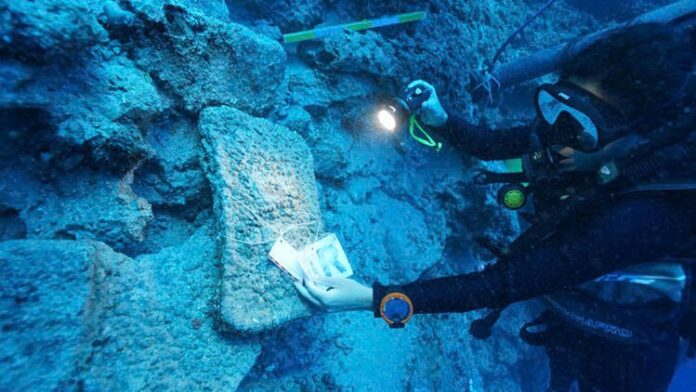Kumluca Shipwreck Reveals Fascinating Insights into Bronze Age Commerce
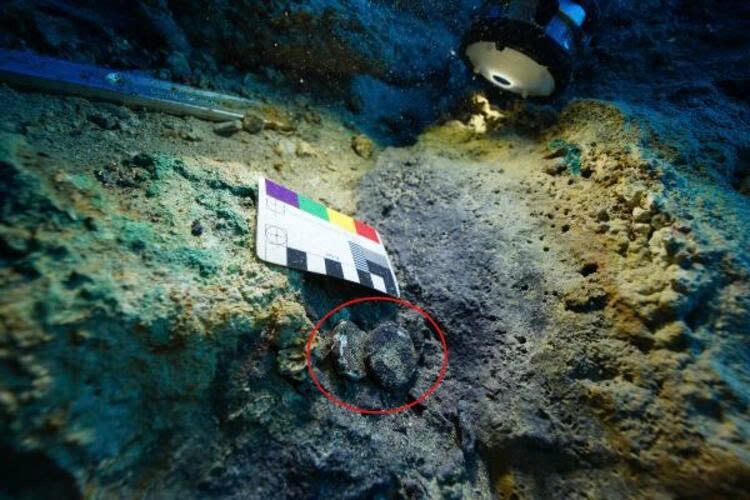
In the azure waters off the coast of Antalya, Turkey, archaeologists have made a groundbreaking discovery that sheds new light on ancient trade practices. The Kumluca Bronze Age Shipwreck, one of the oldest known shipwrecks in the world, continues to yield remarkable artifacts that offer glimpses into the commercial life of our ancestors.
Unexpected Finds: Lead Weights from a Syrian Merchant
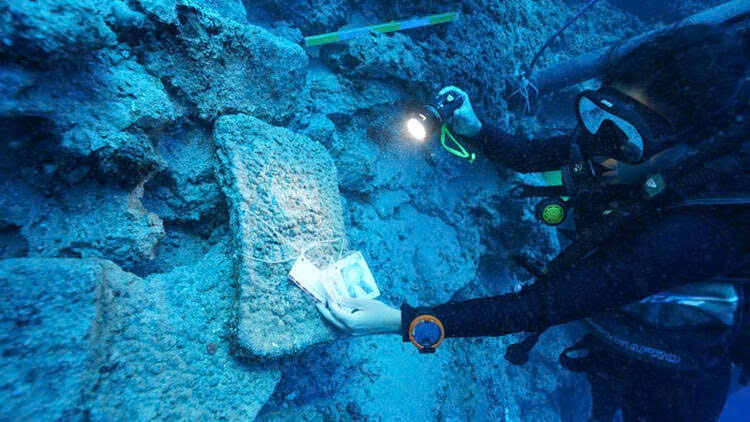
Among the latest treasures unearthed from the depths are two lead weights, weighing 22 and 44 grams respectively. These seemingly modest items have sparked excitement among researchers, as they provide unique insights into the meticulous nature of Bronze Age commerce. Associate Professor Hakan Öniz, head of the excavation, remarked, “We found lead weights that we have never seen among the 350 shipwrecks we have identified so far.”
A Time Capsule of Ancient Trade
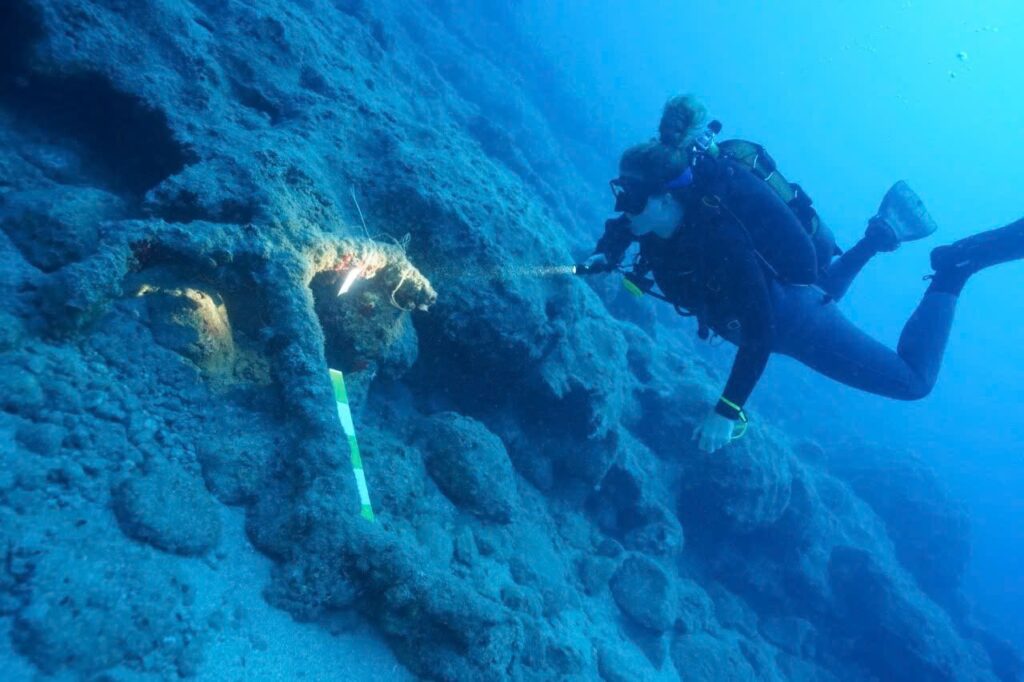
The 14-meter-long vessel, discovered in 2018 at a depth of 50 meters, is believed to date back to 1600 B.C. Its cargo of 1.5 tons of copper bullion from Cyprus offers a tangible link to the complex trade networks of the time. Öniz suggests that the ship may have been en route to the Aegean region when it succumbed to a storm.
Global Economics in the Bronze Age

The copper ingots found aboard the vessel tell a fascinating story of international relations and economic systems in the ancient world. “If the Egyptians were the dominant power in the region in those days, other states such as Cyprus, the Minoan palaces, or Assyrians would pay their taxes to the Egyptians with these copper ingots,” Öniz explained.
A Merchant’s Personal Touch
The discovery of the lead weights hints at the presence of a Syrian merchant aboard the ill-fated vessel. Öniz theorizes that traders of the time carried their own weights, visiting various copper mines in Cyprus to collect and measure their purchases before loading them onto ships.
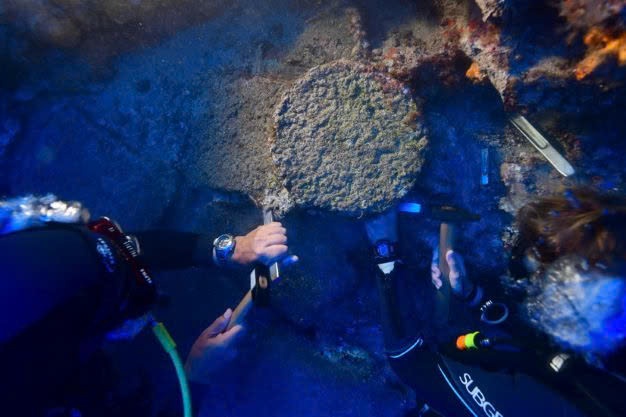
As underwater archaeological work continues, the Kumluca Bronze Age Shipwreck promises to reveal more secrets about our ancestors’ ingenuity and the intricate web of trade that connected the ancient world.
